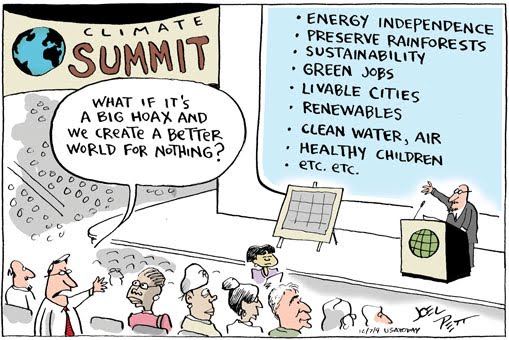Dickinson to Durban » Archive
The Anagram Lover’s Tokyo is at it Again
By Sam Pollan, 14′ The Kyoto commitment period is ending very soon. Upcoming climate negotiations in Durban at the COP 17 conference will address this as one of the primary topics. Unfortunately, many skeptics have publicized their doubt of Durban discussions actually reaching conclusions. Canada, Japan, and the Russian Federation have all mentioned that they will not commit to any new Kyoto document. With those three major emitters absent from future Kyoto agreements, as well as the US being completely nonexistent in Kyoto delegations, the Protocol will be unable to achieve any significant reduction in climate change. While the Kyoto Protocol may be down, it is certainly not out for the count. The EU and neighboring countries are indicating that they plan to continue some form of the 1997 agreement. This miniature … Read entire article »
Filed under: Climate Change, Key COP17 Issues
A Balancing Act That Is Considerably Less Fun Than a Circus

By Sam Pollan, ‘14 Balance is important. Finding a way to spend adequate resources across several fields is a necessary, but difficult, task. This is doubly true for climate change. The debate about where to allocate funds or establish green infrastructure is full of head shaking and face palms. Just as Dr. Mike MacCracken warned about how people need to utilize all mitigation solutions before seeking climate remediation, the world needs to prioritize which venture will … Read entire article »
Filed under: Climate Change, Environmental Politics
The Thin Line
By Sam Pollan 14′ Reducing emissions is a long and arduous task that cannot be completed overnight. This does not mean we can sit back and wait to hit the peak and then we will start reducing emissions. We need to develop national and international protocols immediately so that as we peak we can achieve the steep reductions necessary to prevent dangerous anthropogenic warming. Scientific estimates indicate that while emissions are still growing, without serious reductions over time we will exceed targeted GHG levels. Time is not on our side in this issue. Most scientists say that emissions must peak within ten or twenty years in order to reduce drastic climate change, or worse, require large sums of money to pay for damages caused by climate change. That being said, it is … Read entire article »
Filed under: Climate Change
Climate Kick Boxing: Make the First Strike
By Sam Pollan, ‘14 Environmental policy in the United States is in a precarious position. While urgent action is recognized as necessary, it has not yet been institutionalized. One of the main conflicts in policy making is the epic battle between the economy and the environment. A federal policy that is expensive, even if it is likely to produce the highest reduction in emissions, will never be implemented as a US policy. The current contenders for possible policies are market based solutions. Robert Stavins, in his article “A Golden Opportunity to Please Conservatives and Liberals Alike,” mentions four policies with almost identical yields in reductions. These policies range from absolute regulation, the most costly, to cap-and-trade systems, which are up to 90 percent cheaper. Market based approaches (i.e. cap-and-trade) provide economic incentives … Read entire article »
Filed under: Climate Change
Recent Comments